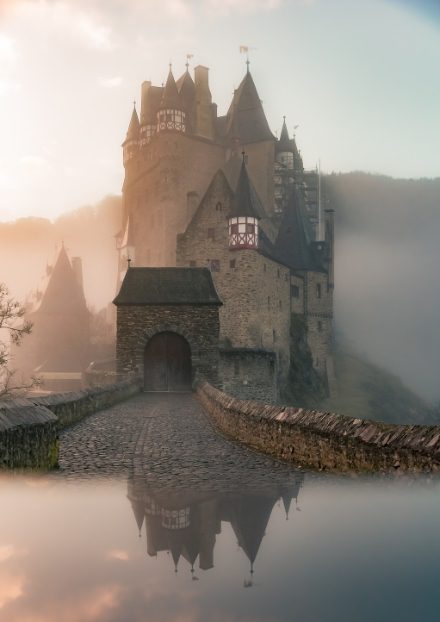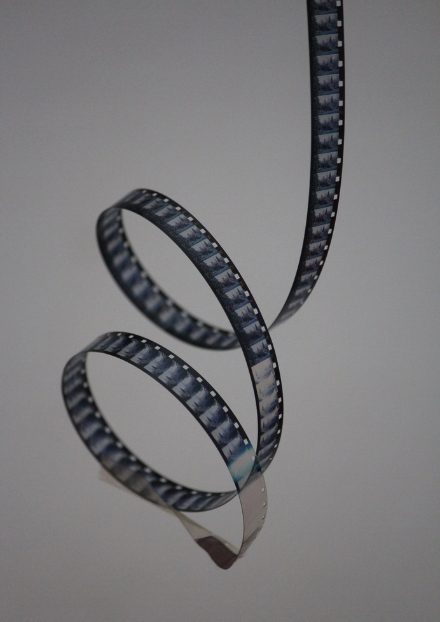Book-to-movie adaptations have become so popular that readers and nonreaders alike anticipate them. Book adaptations can either go one of two ways: good or bad. Either way, they often come with a lot of controversy within the book community, with readers who find that the movies are not what they expected them to be.
It’s impossible to please everyone. This is especially true for bookworms or book fans when it comes to their most anticipated adaptations – movies, series, or animated films. Because of that, book adaptations are always controversial even before they come out. Here are some of the reasons why book adaptations usually become the center of attention or talk of the town.
Related10 Sci-Fi Adaptations That Are Actually Good
Plot Changes

When books are made into movies or TV series, directors and producers have to satisfy both readers and new audiences of the material. Some fans want a faithful book adaptation while some audiences want something new. To cater to both, directors try to stay true while integrating changes that people may find unpredictable and unexpected. Consequently, book adaptations lose the spirit of the book.
“This is not the book I read” might be the worst comment a book fan can say after watching a book adaptation. I’m looking at you Percy Jackson and the Lightning Thief, and Ready Player One movies. In both books, the protagonist goes on a quest to fulfill their destiny. Fans were disappointed to find out that the journey they took was changed.
Furthermore, the endings of the book adaptations of My Sister’s Keeper and The Cabin at the End of the World are both altered, leaving diehard fans of the books dissatisfied.
Lost in Translation

There is no such thing as copy and paste in book adaptations. Why, you ask? Each reader differs in what they envision when they read a book. That being said, filmmakers have unique interpretations of what they visualize for a movie. Settings often get lost in translation from the page to the screen, especially for fantasy books. Accuracy and integrity are often sacrificed.
Age and representation are huge deals in book adaptations. Readers want their favorite characters to be represented – what they look like, how they act, and what gender and race they belong to – precisely as much as possible.
A recent controversy surfaced regarding the actor, Kit Connor, cast as Charlie in the famous LGBTQ graphic novel Heartstopper. Audiences were quick to point out that LGBTQ characters must be portrayed only by those who belong to their community.
He was then accused of queerbaiting by viewers of the popular Netflix show. As a result, many questioned Connor’s real identity forcing him to share his sexual orientation with the public. While I understand people’s frustrations, no one should ever experience what he experienced in the media, particularly a young person who may not feel comfortable sharing information concerning their personal life.
RelatedWhat Makes A Good And A Bad Book Adaptation?
Important details are left out

Film-making and bookwriting are two different types of art. In books, authors have the freedom to write whatever they want while filmmakers must work with the available resources at hand. Thus, books can be lengthy, vivid, and detailed depending on the narrative they follow. On the other hand, films don’t have the luxury of running every scene in the book unless they are subjected to a series adaptation.
In book adaptations, there are inevitably certain scenes to be omitted to fit the time frame for a movie. As a result, some important details in the book are left out leaving readers in uproar. Cut scenarios can be observed when nonreaders of the book adaptation begin to ask “Wait, what?”
An example of this is the iconic scene where Madge gave Katniss the Mockingjay pin in The Hunger Games book, but to save time and casting (I guess) they got rid of it. In Gone Girl, the book portrays the troubled relationship of Nick with his father, which plays a significant role in establishing why he acts a certain way with women, but almost all of these moments are left out in the movie.
When important details are skipped, the original manuscript of the book will naturally differ greatly from its screen counterpart. Characters are not as deep as originally written and plot holes can easily be observed. These are the ultimate downfall for any preexisting fanbase.
RelatedDifferences Between Horror and Dark Fantasy: An Exploration
Why are book adaptations always so controversial?
In conclusion, book adaptations are some of the top-grossing films that people are excited about. Because of their anticipation, expectations are laid out even before they come out. Diehard devotees are quick to point out changes, injustices, and missed interpretations resulting in controversies.
Nothing is more exciting than witnessing what you read on paper come to life. We readers love to see and feel in the movie what we experienced in reading the book. Now, what makes a good and a bad book adaptation?
















